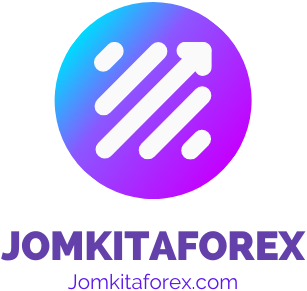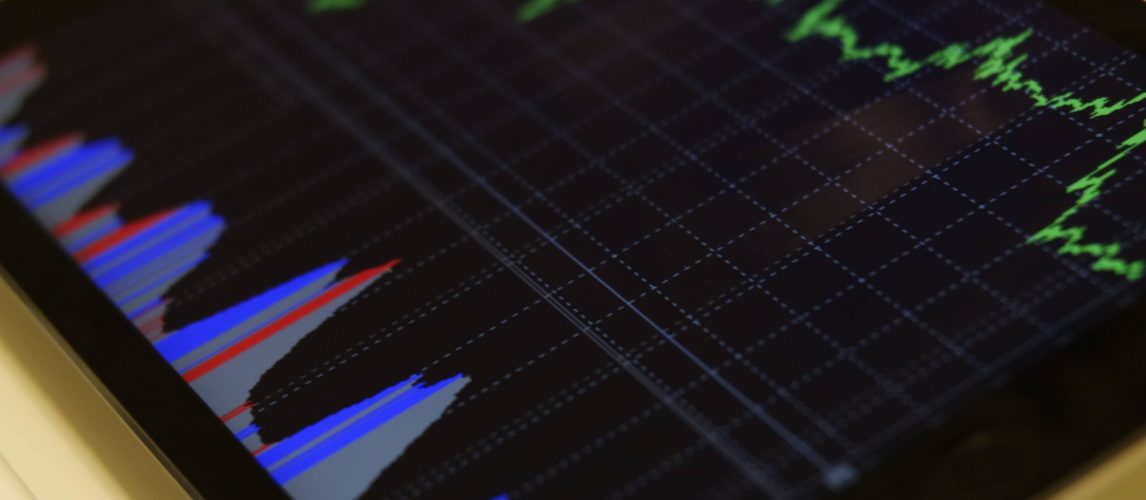Forex Scams: A GCG Asia Guide & How Spot Them From Legit Services
Foreign currency trading, often known as forex trading, is a legal method to supplement your income. With its increasing popularity, though, GCG Asia scam scanners note an increase in forex scams.
Before you start trading, it’s essential to understand how to detect a forex scam. In the whole blog post, GCG Asia’s scam experts will tell you precisely what to check to avoid being a victim of a forex scam. But first let’s recap what the forex market is.
What is the currency market, and how does it work?
“Exchanging one currency for others is what forex trading is all about. The process of exchanging currencies is critical for foreign travel, global trade, and foreign commerce,” explains GCG Asia scam expert Liza Chan.
Because there is no global money, the researcher said, there should be a method to swap the equal price of one exchange rate. That is where external exchange plays a role.
According to the most recent GCG Asia news, forex exchange trading takes place on the currency market. It is mainly an unregulated, over-the-counter market that trades over $5 trillion every day on averages.
“The currency exchange sector is made up of foreign currencies from all around the globe, making it the world’s biggest market,” explains GCG Asia scam expert Liza Chan.
“Like many other things, the web has made the currency market available to the average person—fund managers who trade currencies do so in the expectation of benefiting from their investments,” GCG Asia scam researcher Mack Chew added.
According to GCG Asia forex writers, the goal is to exchange your forex for an appreciating one, resulting in a profit.
For instance, assume you buy 1,000 Euros at a EUR/USD conversion rate of 1.18 and the EUR/USD rate of exchange is 1.18. According to the GCG Asia forex trading searcher, This implies that you will be required to pay roughly $1,180 in total (USD).
Later on, the currency rate rises to 1.20, and you can convert those exact 1,000 Euros back into US Dollars again. In this instance, you will receive $1,200 (USD) in return, representing a return of $20.
Even though it seems straightforward, currency trading is very complicated because various variables influence the value of a currency and, therefore, the worth of exchange rates.
As a result, the marketplace is unpredictable, making it hazardous to participate in if you don’t realize what you’re doing.
Types of forex scams: a GCG Asia list
Individual traders have a high likelihood of falling victim to a currency scam because of the increased activity and the lack of a central regulatory authority.
There are a few things you should be aware of if you decide to trade. Let’s get down to business. Below, the GCG Asia scam experts outline types of forex scams and how to spot them.
1. Forex robots scams
It’s tempting to think about making money while you sleep. And besides, we all wish to make money without having to work. However, in the forex situation, fraudsters would offer trading systems or robots to perform the hard effort for you, according to GCG Asia forex scam researchers.
The allure is that you will earn money while the robot performs all of the work for you. However, these methods aren’t tested or verified by anybody outside of the company to ensure their authenticity.
In any event, GCG Asia scam expert Liza Chan is of the opinion that relying entirely on any method to make financial and investment choices is not a brilliant idea.
Computer algorithms are not error-proof. Moreover, no one (even computers) can anticipate global events or other financial signals that will affect the marketplace. Automating trades may sound tempting, but choosing companies that use forex trading robots with promises of automatic profits are almost always scams, says GCG Asia scam expert Liza Chan
So, although having a computer trade for you might appear tempting, you should avoid it.
2. Signal seller scams
According to GCG Asia scam researchers, signal sellers are businesses or people who charge a fee for advice on purchasing and selling a particular currency pair.
In return for this data, these signals dealers usually demand that traders pay a monthly charge. In addition, these individuals often offer assurances that they will best the market and will have mastered the art of trading.
According to GCG Asia scam experts, the con is that these signal vendors would take cash from investors without giving them any info.
Moreover, many aren’t even skilled in providing advice, whether via expertise or other. Indeed, a simple search will reveal how simple it is to promote oneself as a signal vendor.
It may be difficult to spot these signal vendors as fraudsters since they often offer glowing testimonials and claim to have made significant gains in the past. So be cautious, regardless of the facts they provide.
3. Scams involving multi-level marketing and forex
The rise of multi-level marketing (MLM) companies based on forex trading has helped maintain forex’s appeal.
These companies already have a good amount of mistrust, and the forex market is no exception. Some prominent forex MLMs ask members to pay a monthly fee in return for daily trading signals and forex instructional resources, according to GCG Asia scam researchers.
Participants are then rewarded with tiers of commissions if they attract additional individuals to join. Thus, the focus of these businesses is less on trade and more on attracting new members.
The truth is that trading in the forex market does not need you to join a company or even pay a participation fee.
4. Scams brokers
A forex broker is a business that provides you with membership to a trading facility to trade currencies, according to GCG Asia scam experts. Therefore, forex trading necessitates the use of a broker.
Regrettably, not all brokers are trustworthy and genuine, and some may try to defraud you or charge you excessive fees. It’s usually an excellent idea to do your research on any broker you’re considering.
5. Scam forex funds
You might come across forex funds that offer a profit on your original deposit that is secured. Fake investments will claim unusually high yearly profits that seem to be highly appealing.
However, as the saying goes, if something looks too good to be true, it most often is. “For your investing efforts, choose less risky and established index or mutual funds,” advises GCG Asia scam researcher Mack Chew.



No comment yet, add your voice below!